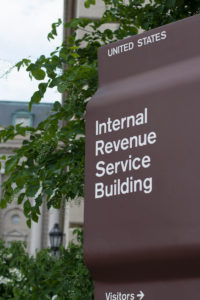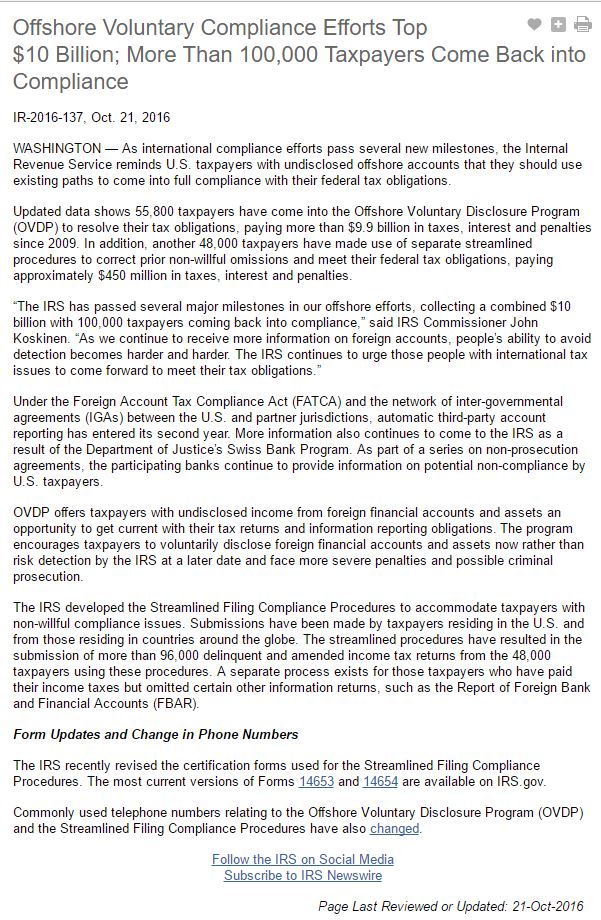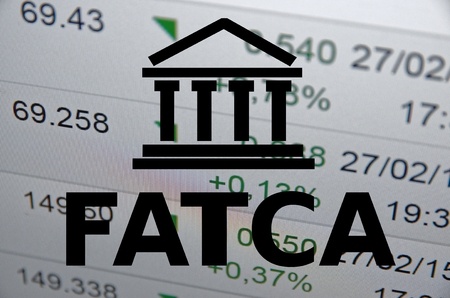 Money Laundering and Tax Evasion
Money Laundering and Tax Evasion
Money laundering and tax evasion are closely related. The IRS has used money laundering statutes to help cut down on tax evasion. Money laundering may be seen as willful tax evasion. Hiding money will off course lead to not paying taxes on the same.
What is Money Laundering?
Money laundering is a common occurrence today. Global concern surrounding this nefarious activity is based upon the theory that failure to report and account for this activity erodes the economic base of national economies. Individuals and organizations involved in criminal activity attempt to obscure the illegal source of the funds in an effort to avoid detection from law enforcement officials.
These funds commonly referred to as “dirty money” are the by-product of illegal activities such as drug and human trafficking, gambling, elaborate fraud schemes, and terrorism. Historically, criminals have utilized foreign financial institutions for purposes of “washing” dirty money through legitimate enterprises in order to avoid the scrutiny of taxing authorities.
Recent Global initiatives in combating money laundering including criminal prosecution, and the imposition of stiff criminal penalties have heightened foreign financial institution awareness and willingness to cooperate with authorities. Moreover, new reporting requirements, mutual exchange of information agreements and coordination of local, national and global law enforcement agencies will make it more difficult for individuals to avoid detection.
How does money laundering work?
The main objective behind money laundering is to obscure the illegal source of the funds, thereby enabling the criminal to use the money without detection. The process is complex as it involves several financial transactions which may be carried out through various financial outlets in various countries. There are so many ways in which individuals hide money derived from criminal activities to avoid detection. Some of them are:
- Depositing a large sum of money earned illegally in small amounts in a financial institution under different fake names.
- Depositing a large sum of money earned illegally in small amounts by using various bearer instruments like money orders.
- Creating a Trust or Corporation or a non-profit organization or an account under a different name in a different country and moving large sums of money there.
The hidden money is then accessed through debit cards, credit cards, money orders or cash withdrawals. Check this article “Caribbean based investment advisors and an attorney” to see how Caribbean based investment advisors and an attorney colluded in their efforts to helping US Citizens hide money abroad.
Tax Evasion
Tax evasion is the wilful attempt to evade or defeat the assessment of taxes or the payment of taxes. The act of evasion occurs when a taxpayer either willfully fails to report his or her income as required by law, or having reported the income, engages in conduct that either hinders or defeats any attempt by the IRS in collecting the tax owed. In the latter case, the taxpayer prevents IRS from collecting by moving assets around under different ownership. An example would be: A taxpayer reports his income and has a tax liability. He has the money to pay the liability but instead, he closes all his bank accounts and moves the money to a different account under a different name. This is a clear indication of wilful tax evasion. For more on Tax evasion, check IRS Tax Crimes handbook.
Is money laundering therefore tax evasion?
In the U.S., money laundering is tax evasion but not all tax evasion is money laundering. According to IRS, money laundering is tax evasion in progress if the underlying conduct violates income tax laws and Bank Secrecy Act. If you are a U.S. citizen/ permanent resident, the law requires you to report your income and pay taxes on the same.
As a U.S. taxpayer, when you are involved in money laundering, it is obvious that you are hiding the money in question. The reason may be because the money is from criminal activities you are involved in and you do not want your cover to be blown. In this case, you want to hide the dirty source of your money through laundering to be able to spend it without worrying about the IRS and the tax consequences. Alternatively, the main reason behind your hiding the money may be because you are actually running away from paying your taxes. Either way, this is tax evasion engineered through money laundering. It does not matter if the income is legal or illegal, you have to pay your taxes or else the IRS will somehow catch up with you some day. It is even worse when your income is from criminal activities since there may be additional consequences for the underlying crime. I think this is why individuals who engage in criminal activities choose to launder their money to avoid detection by the government for the fear of facing criminal prosecution. While doing so, they are evading their responsibility to pay taxes.
Is there a way out of this money laundering mess?
You may have been involved in money laundering and off course tax evasion in the process and may be you are tired of hiding. Your question may be “can I really make it right? Is there really a clean way out?” While there is no guarantee of avoiding criminal prosecution, there is still a chance to make it right. This is by getting into the OVDP (Offshore Voluntary Disclosure Program). You have to get a pre-clearance letter from the IRS to be accepted into the OVDP. You do this by providing all information on all foreign financial accounts, filing amended income returns for all the years in question etc. Once approved, you will be able to enter into “Closing Agreement” with the IRS which means that the IRS will not revisit the matter again.
The Closing Agreement may differ from one case to another since one size does not fit all. This sounds easy, right? It may seem so but the whole process requires a careful evaluation of all the facts. If you need help walking through this, contact The Law Office of Anthony Verni . We can help you evaluate your situation and devise the best strategy to follow.



 Money Laundering and Tax Evasion
Money Laundering and Tax Evasion
 These current modifications in the OVDP 2012 have been fueled by the implementation of the Foreign Account Tax Compliance Act (FATCA) and Department of Justice determination to deal with tax evasion. FATCA will soon go into effect, as a matter of fact, from July 1st 2014. With
These current modifications in the OVDP 2012 have been fueled by the implementation of the Foreign Account Tax Compliance Act (FATCA) and Department of Justice determination to deal with tax evasion. FATCA will soon go into effect, as a matter of fact, from July 1st 2014. With  Since the Justice Department raised the threat of prison time for Americans who did not reveal their offshore accounts, the tax-evader crackdown has proven very successful for the United States government. Since 2008—when the Justice Department began a push against Swiss banks—the U.S. has prosecuted 103 people, including 62 guilty pleas and 5 trial convictions.
Since the Justice Department raised the threat of prison time for Americans who did not reveal their offshore accounts, the tax-evader crackdown has proven very successful for the United States government. Since 2008—when the Justice Department began a push against Swiss banks—the U.S. has prosecuted 103 people, including 62 guilty pleas and 5 trial convictions.
